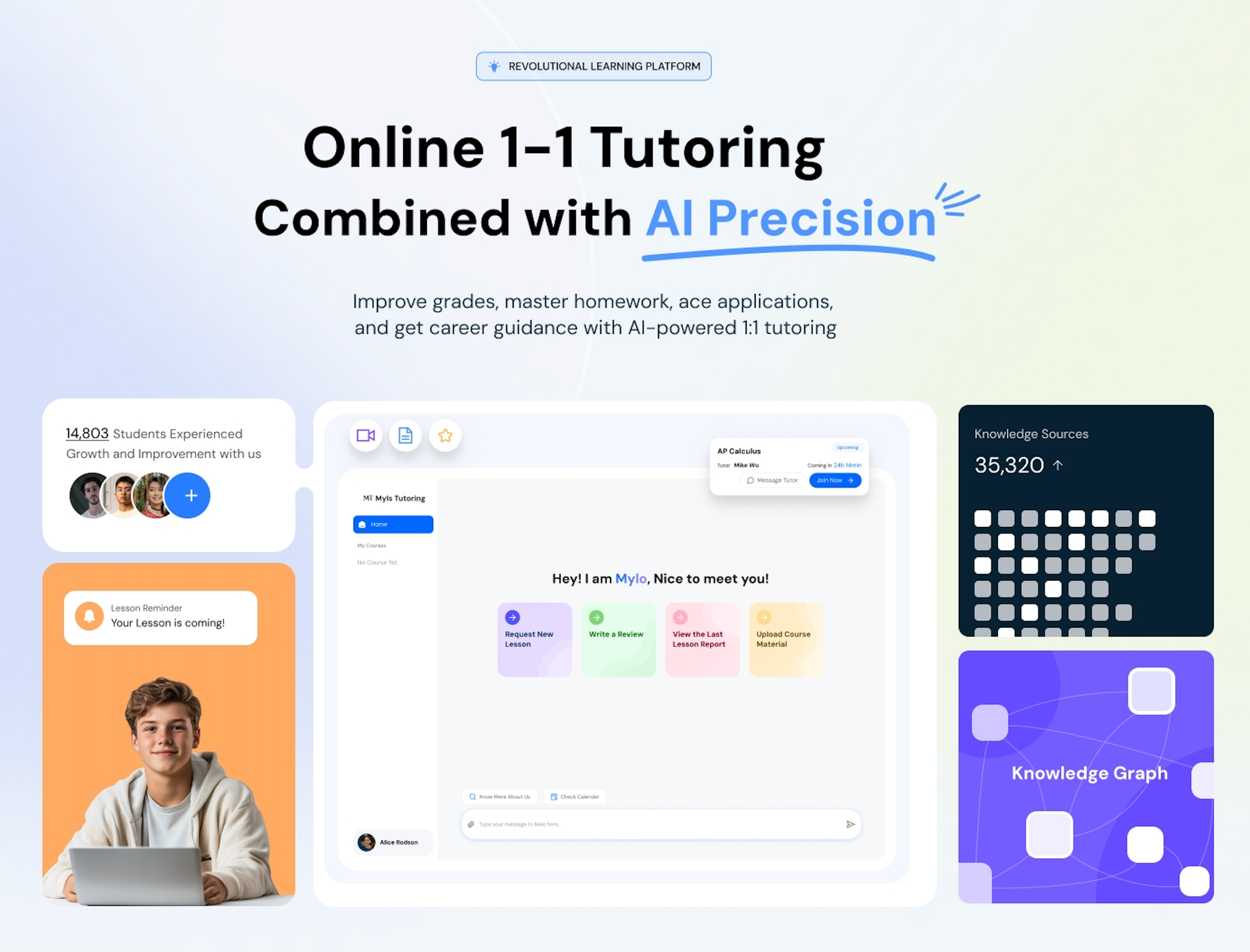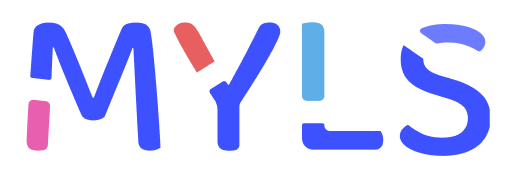What’s a Good TOEFL Score for Top Universities—and How to Get There
Not sure what TOEFL score you need? This blog breaks down score requirements for top schools, section-by-section tips, and how Myls Tutoring helps you close the gap. Whether you're aiming for 90 or 110+, we’ll help you build a smart, personalized path to TOEFL success.

If you’re preparing for the TOEFL, you probably have one big question: What score do I actually need? Whether you're applying to Ivy League schools, Canadian universities, or competitive graduate programs, your TOEFL score can impact your chances of admission, scholarships, and even visa eligibility.
In this blog, you’ll learn what counts as a “good” TOEFL score, what top universities expect, and how to build a study plan that helps you reach or exceed your goal.
Understanding TOEFL Scoring
The Basics
- Total Score: 0–120
- Each Section (Reading, Listening, Speaking, Writing): 0–30
- Each section is scored independently, then added to form your total.
What’s a “Good” TOEFL Score?
A “good” TOEFL score depends entirely on your target school and program. But here’s a general guide:
| Score Range | Level | Notes |
|---|---|---|
| 100–120 | Excellent | Competitive for top-tier universities |
| 90–99 | Strong | Accepted by most universities worldwide |
| 80–89 | Adequate | Minimum for many programs, especially undergrad |
| Below 80 | Limited | May not meet requirements for university-level programs |
TOEFL Score Requirements by School Type
Ivy League & Top U.S. Schools
| School | Minimum TOEFL Score |
|---|---|
| Harvard | 100+ (recommended) |
| MIT | 90–100+ |
| Stanford | 100+ |
| Columbia | 100 |
Top Canadian Universities
| University | Minimum TOEFL Score |
|---|---|
| University of Toronto | 100 (with 22+ per section) |
| UBC | 90–100 |
| McGill | 90 (no section below 21) |
| Waterloo (Engineering) | 90+ (with high Writing) |
Graduate Programs
- Many master’s or PhD programs require 100+, especially in competitive faculties like business, law, or engineering.
- Some MBA programs ask for 105+ or higher.
🔗 University TOEFL Requirements – ETS Official Database
Section-Specific Expectations
Some programs set minimum scores per section. For example:
- TOEFL Speaking: Often required to be 22+, especially for programs where verbal interaction is essential (e.g., teaching, business).
- TOEFL Writing: High expectations (24–26+) for research-heavy or academic writing programs.
Tip: Don’t just aim for the total score—know if your individual section scores matter.
How to Plan Based on Your Score Gap
Step 1: Take a Diagnostic Test
Find out your baseline for each section. Myls Tutoring offers free assessments for new students.
Step 2: Define Your Timeline
| Band Gap | Suggested Prep Time |
|---|---|
| 5–10 points | 4–6 weeks (intensive) |
| 11–20 points | 2–3 months (structured) |
| 20+ points | 3–5 months (consistent) |
Step 3: Prioritize Weakest Sections
Many students need to raise TOEFL Speaking or TOEFL Writing to meet section minimums. That’s where tutoring and feedback make the biggest difference.
How to Get a Top TOEFL Score
1. Master the Test Structure
Know the format, timing, and question types inside out. The more familiar you are, the more confident you’ll feel.
2. Simulate Full-Length Tests
Build your test-taking stamina with weekly practice tests under real conditions—no pauses, no shortcuts.
3. Get Expert Feedback
Use human feedback to fix grammar, structure, tone, and fluency. AI tools can help—but nothing beats targeted feedback from a tutor.
4. Track Your Progress
Use score logs or AI dashboards (like Myls Tutoring’s Knowledge Map) to monitor section performance over time.
How Myls Tutoring Can Help You Succeed

Reaching your TOEFL goal score isn’t about cramming—it’s about planning smart, practicing efficiently, and learning from every attempt. Myls Tutoring helps you do all three with personalized support.
Here’s how we help you reach your target score:
- Smart Online Tutor Matching: Connect with TOEFL experts who know what top schools expect.
- Initial Assessment & Target Gap Plan: Find your current level and calculate how long it will take to reach your score goal.
- Score-Driven Study Plans: Build a weekly roadmap that targets section weaknesses and mimics test conditions.
- Knowledge Map & Shared Drive: Visualize your progress and access structured materials for all four TOEFL sections.
- Mock Tests & Score Tracking: Complete full-length, timed TOEFL simulations with tutor feedback on all sections.
- Flexible Online Tutoring: Study when it works for you—book lessons, practice essays, and speaking sessions around your schedule.
📚 Book your trial TOEFL tutoring session now and let’s build your roadmap to your dream TOEFL score.




